5 most common mistakes
Dear Brad,
I started competing in Olympic Distance and Sprint Distance triathlons about 18 months ago but am stuck in a bit of a rut lately. Could you tell me the five most common mistakes for people at my level as I’m sure I am making them all!
Cheers
John
Hi John,
When you are trying to progress in the sport of triathlon the best way to avoid wasting time is to circumvent any mistakes you make from the start. If you were just starting out, then planning ahead is always the best form of attack. If however you have been racing for a little while then it is all about trying to identify why you are stuck in that rut.
In terms of training and race performance there are a lot of outside factors involved that don’t just relate to how many 400m intervals you are doing or the intensity of a 3km swim set. These determining factors could be classed as more internal or psychological. I’m talking about the mind and how most triathletes, because they are very driven people, over train and can’t go easy whenever they “lace on the boots”. I would put this down as the biggest mistake that people make, and it’s isn’t just exclusive to the age group athlete. It filters all the way down from the top pros, that are supposed to know how to get to the start line the best way possible, to the novice that doesn’t really have the experience.
I am guessing that when you started out you would have improved for a while and then simply hit a plateau. If you are still completing a decent workload then this is indicative of over training. I am also as guilty as the next guy.
When in my heyday back in about 1994BD (before drafting), when triathlon was a 3 discipline sport, I used to spend my time in the South of France training with Simon Lessing who was regarded as the quintessential masochist. When we were training together there were days there that were harder than any race I’ve done. The attrition rate of his training buddies and their tenure was both precarious and terminal. This was a challenge I took up with the racing almost a sideline and my results an added bonus to the 3 races we had every day. Run in the morning tongue hanging out, swim midday knuckles dragging and the final ride, a Herculean, Champs Elyseesing, time trialing son of a …gun end to the day.
The point is I was doing someone else’s training rather than focusing on what I was supposed to achieve in each session I fronted for. Like I said, sometimes it was the fun of seeing where the breaking point was and who would hit it first. However, this can be the biggest detriment to progress. So, do what I say and not what I do is the moral of this story. Obviously I did a lot of my other training a lot smarter so it wasn’t all bad. It’s just sometimes we are educated but none the wiser, lessons learnt are usually after many years of either injury or poor performance. The path of least resistance is not usually for the motivated, competitive and one-track minded triathletes that we are. Have some fun but beware of this trap and save a lot of head scratching, self-doubt and injury.
That was the main mistake that I believe people make so that is why I spent so much time on it. The rest comes easy. Another might be the fact that people rely too much on buying the best bike or the best this or that when it may only make a minimal difference in results. I know it is great to upgrade to a new bike, but with triathlons bottom line being so expensive you shouldn’t feel that if you don’t have the latest and greatest you won’t be able to mix it up. I was never one to get into having all the bells and whistles. Most of my career I raced on Shimano 105 which it the entry-level bike group-set. I used to see most of the age groupers with better gear than I had. It is nice to have it but he who dies with the most toys still dies.
Without knowing your circumstances John, a big factor involved in racing well is consistency in training. You do all the right things at the right time day in and day out but without periodising your training it’s pointless i.e. doing the right base training at the right intensity, the building phases and the higher intensity work leading into a race. Follow these basic principles and seemingly rocket science becomes quite logical. Utilising heart rates is the best way to work in your different zones and achieving this “periodising”. At the Croc Squad our motto is “train smart race hard”. This gets results for the individual and as you are aware everyone’s engine is different so group-based training won’t work without individual structure.
These are just some of the most common mistakes most of us subscribe to and if it was too easy, well where’s the challenge in that. Being the best, we can be in life can come from the adversity we face. Here’s to you and I getting it wrong occasionally for many years to come.
Brad Beven OAM
Byron Bay Triathlon Ambassador
ITU World Hall of Fame
Australia Hall of Fame


